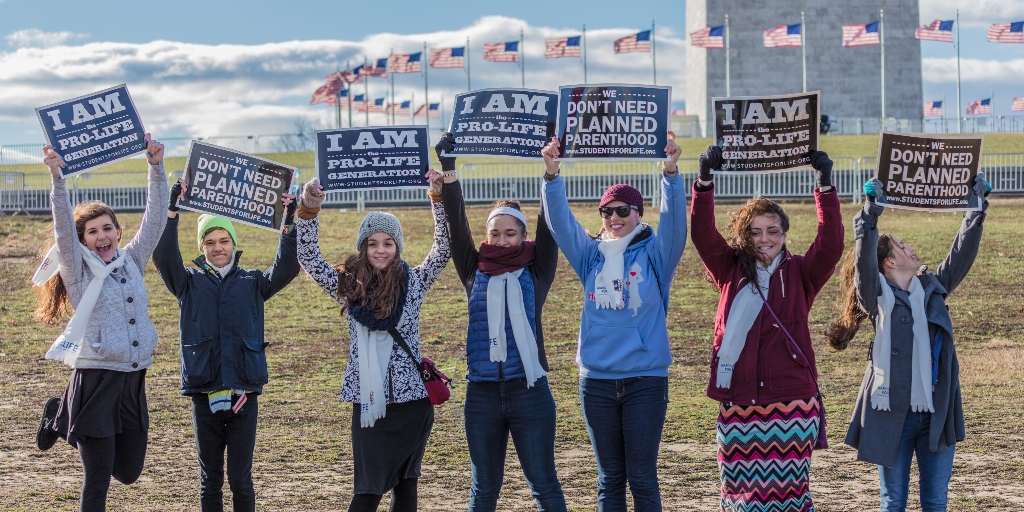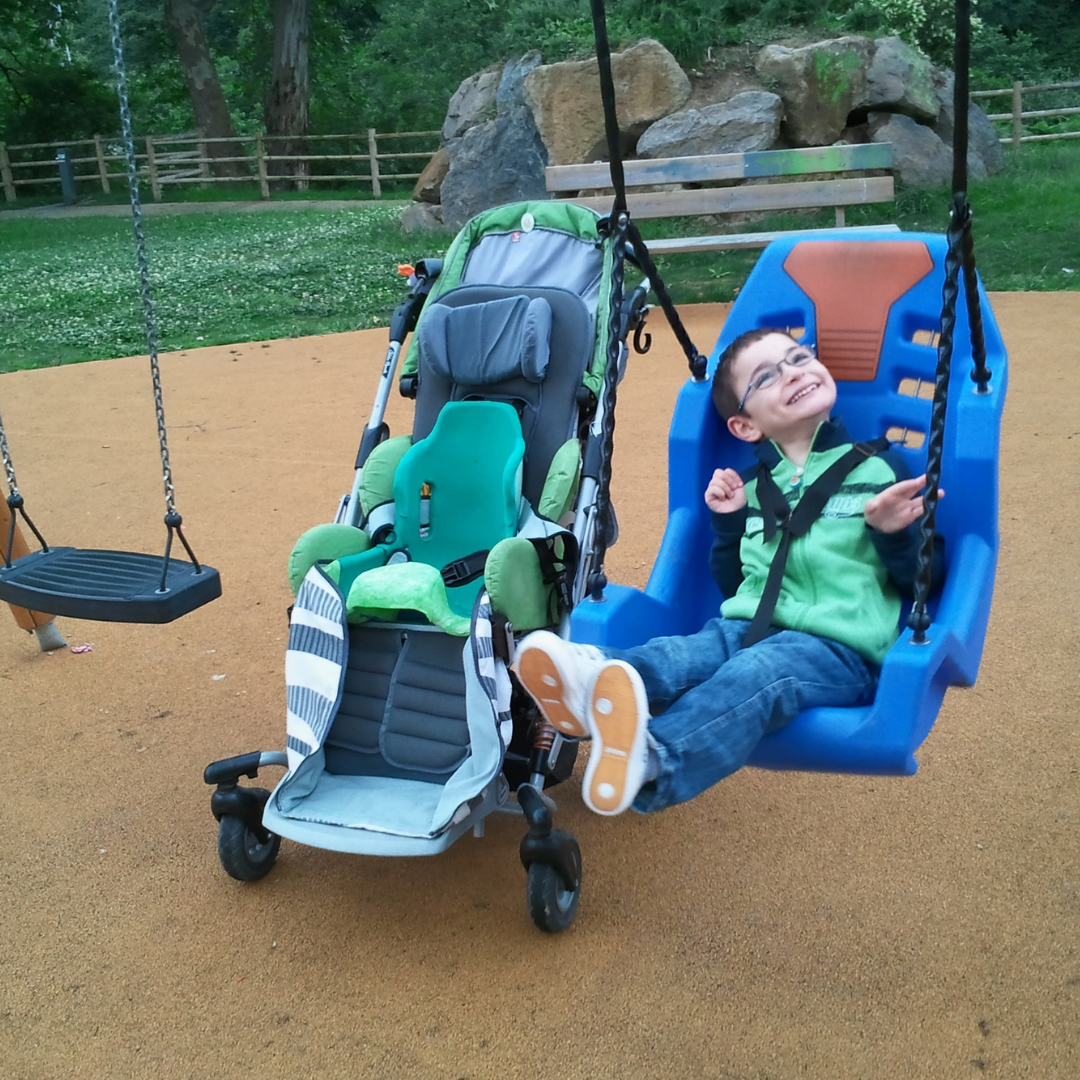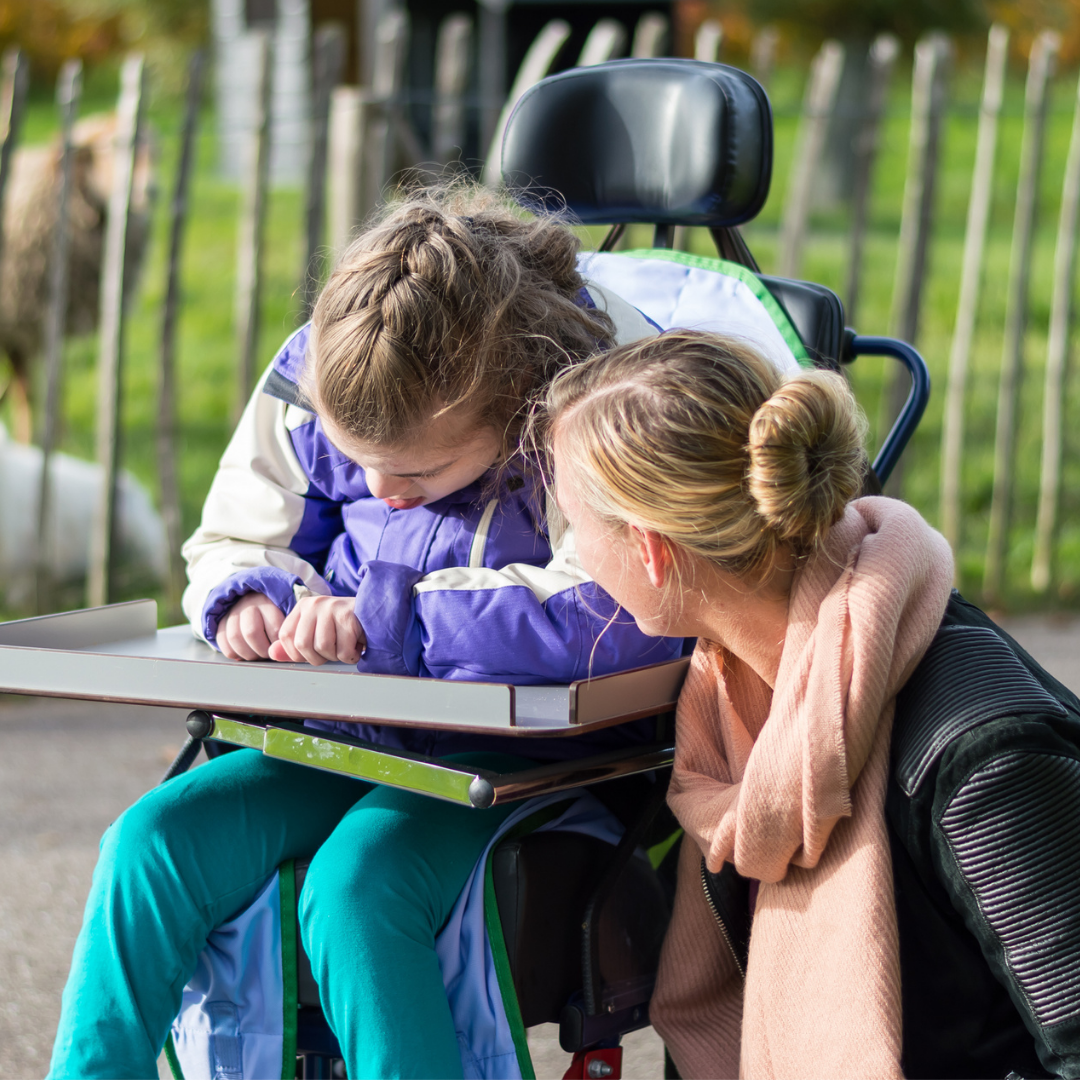
Christy Wilkens challenges the pro-life movement to think outside the womb.
In the last century the entire world was scandalized over what the Nazis were doing to maintain the purity of the race. Today we do the same thing, but with white gloves.
This quote from Pope Francis, from a 2018 speech, is convicting. While he was speaking specifically about abortion and its heritage in the eugenics movement of the early 20th century, the echoes and implications of his words reverberate throughout the human lifespan.
After lifestyle choices and relationship problems, prenatal diagnoses are a common reason cited for elective abortions, a contributing factor in 13% of abortions, according to a study from the Guttmacher Institute. During the worst waves of the Covid pandemic, as hospitals everywhere were forced to write explicit guidelines about care rationing, disability was sometimes a disqualifying criterion for lifesaving treatment that was in short supply. (Triage is one thing; codified ableism is another.) At the end of life, people with disabilities have a harder time both accessing care that might improve comfort or qualify of life and discontinuing care that is unnecessarily burdensome or ineffective.
When we fail to include in our pro-life witness a robust defense of disabled lives and how they are lived, especially at life’s fragile beginnings and ends, the takeaway message is grim, anti-Gospel, and ultimately self-defeating: All lives matter, but some matter more than others. In that case, we’re back to arguing about which lives matter, and the pro-life argument is lost before it’s begun.
The foundations and aims of the pro-life movement and the disability rights movement have considerable overlap. The primary goal of both is to uphold the dignity of all human life, whether you believe that dignity stems from the Imago Dei stamped within each of us or (from a secular perspective) on our shared membership in the human community. Both movements agree, fundamentally, that the subjective criteria of lives that are “full and productive” or “free of suffering” are neither necessary nor sufficient to uphold the very right to life itself.

Yet, far too often, these are exactly the subjective criteria that are used to make prioritization decisions about the continuation (or rather, discontinuation) of the lives of others, an attitude that ignores the Catechism’s call to provide special respect and assistance to people with disabilities (2276) and also subverts the preferential option for the poor and vulnerable, one of the seven pillars of Catholic social teaching.
In the First Letter to the Corinthians, St. Paul reminds us that we are members of one Body.
The eye cannot say to the hand, “I do not need you,” nor again the head to the feet, “I do not need you.” Indeed, the parts of the body that seem to be weaker are all the more necessary. (1 Corinthians 12:21-22)
Not just tolerable. Indispensable. Every body matters in the Body of Christ. Without the presence of all its members, a community is impaired and impoverished, whether you are talking about the secular community of a specific time and place or a community of believers. People with disabilities are not aberrations to be tolerated and supported through our Christian largesse and benevolence. People with disabilities are full and equal members of our civil and religious communities, people to be embraced, loved, and encouraged to thrive through the reciprocal sharing of gifts and charisms.
If circumstances of conception or family—sexual crimes, immigration status, poverty, absent fathers—do not constitute just reasons to end an innocent life in the womb, neither should the circumstances of a person’s disability. If compassionate accompaniment at the end of a decades-long life can ease the burden of suffering and transform the supremely universal human experience of death into something tolerable—even beautiful—it can do so at the end of a minutes-long life, too.

God fashioned each of our weird, wobbly bodies, knit our parts together in unique and unrepeatable ways, and imbued us with a spark of his divine life. He charged us each with the duty to protect and love each other. He offered no qualifications or disclaimers to the second Great Commandment.
There’s an old chestnut that the greatest test of a civilization is how well it treats its most vulnerable members. Is there a culture of care and protection? Is there apathy, disregard, or outright hostility?

But the greatest test of any set of principles is their application to the edge cases. In the most challenging scenarios, do we still believe what we profess to believe? A theology and practice that does not work for the disabled simply does not work ... because that will be every one of us, eventually.
Disability ministry is a litmus test for our pro-life work as Catholic Christians. It is an opportunity to put to rest the lie that we only care about lives before they are born. It is a reminder that the work to defend the right to life, for many, continues beyond the womb.
Copyright 2022 Christy Wilkens
Images (from top): James McNellis from Washington, DC, United States, CC BY 2.0, via Wikimedia Commons; all others Canva Pro
About the Author

Christy Wilkens
Christy Wilkens, wife and mother of six, is an armchair philosopher who lives in Austin, TX. She writes at FaithfulNotSuccessful.com about disability, faith, doubt, suffering, community, and good reads. Her first book, Awakening at Lourdes: How an Unanswered Prayer Healed Our Family and Restored Our Faith, a memoir about a pilgrimage with her husband and son, will be released by Ave Maria Press in 2021.


.png?width=1806&height=731&name=CatholicMom_hcfm_logo1_pos_871c_2728c%20(002).png)
Comments